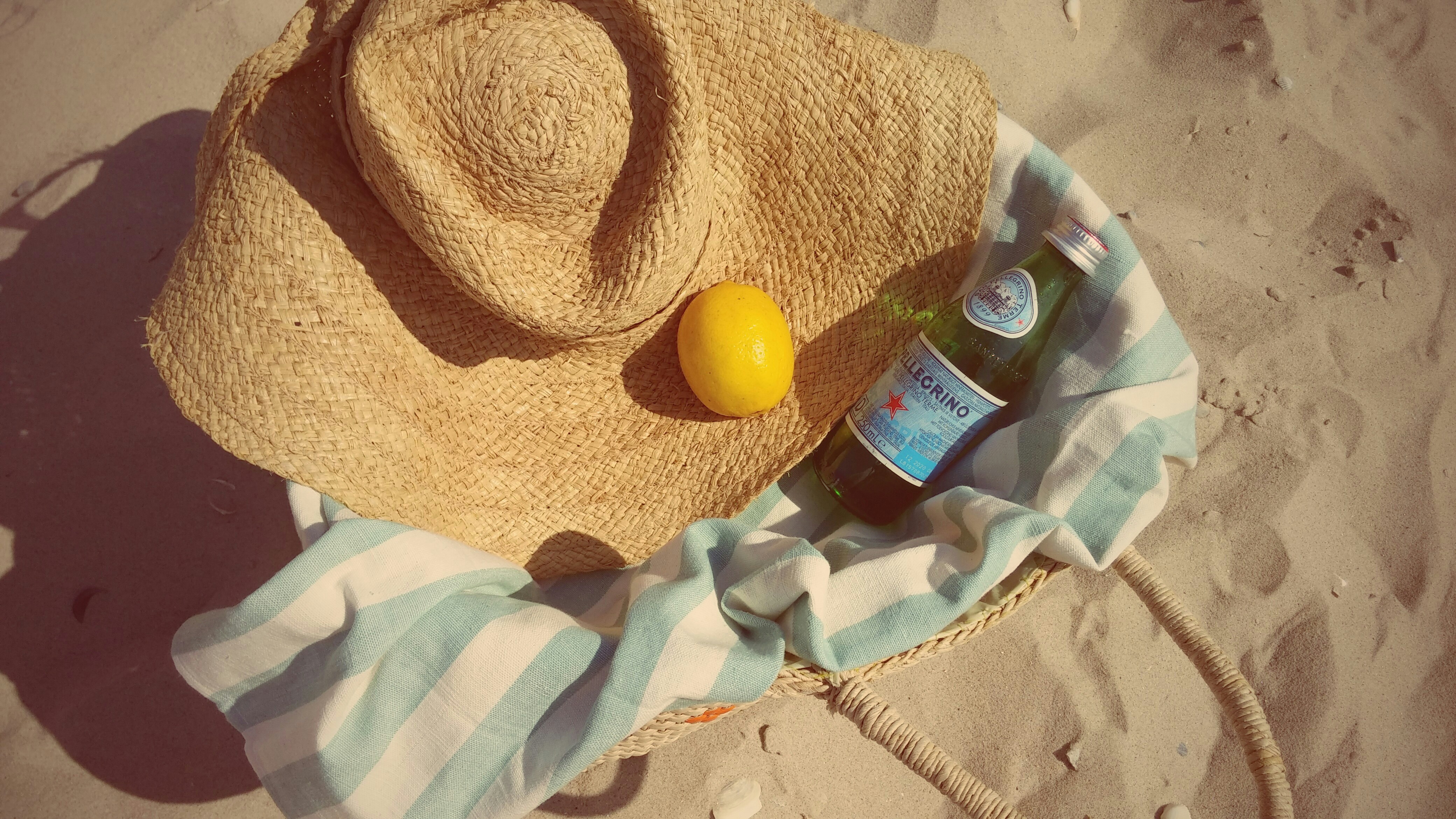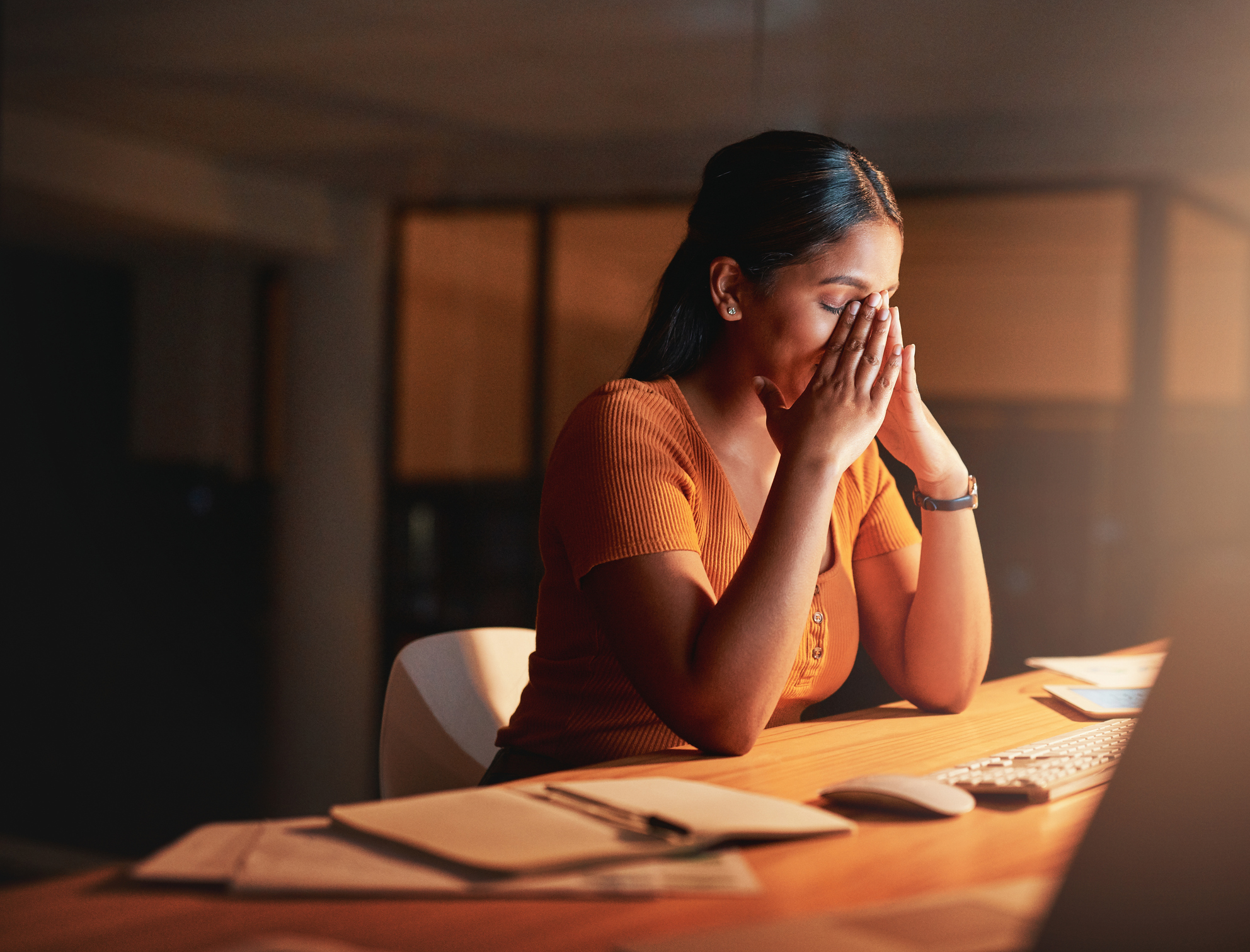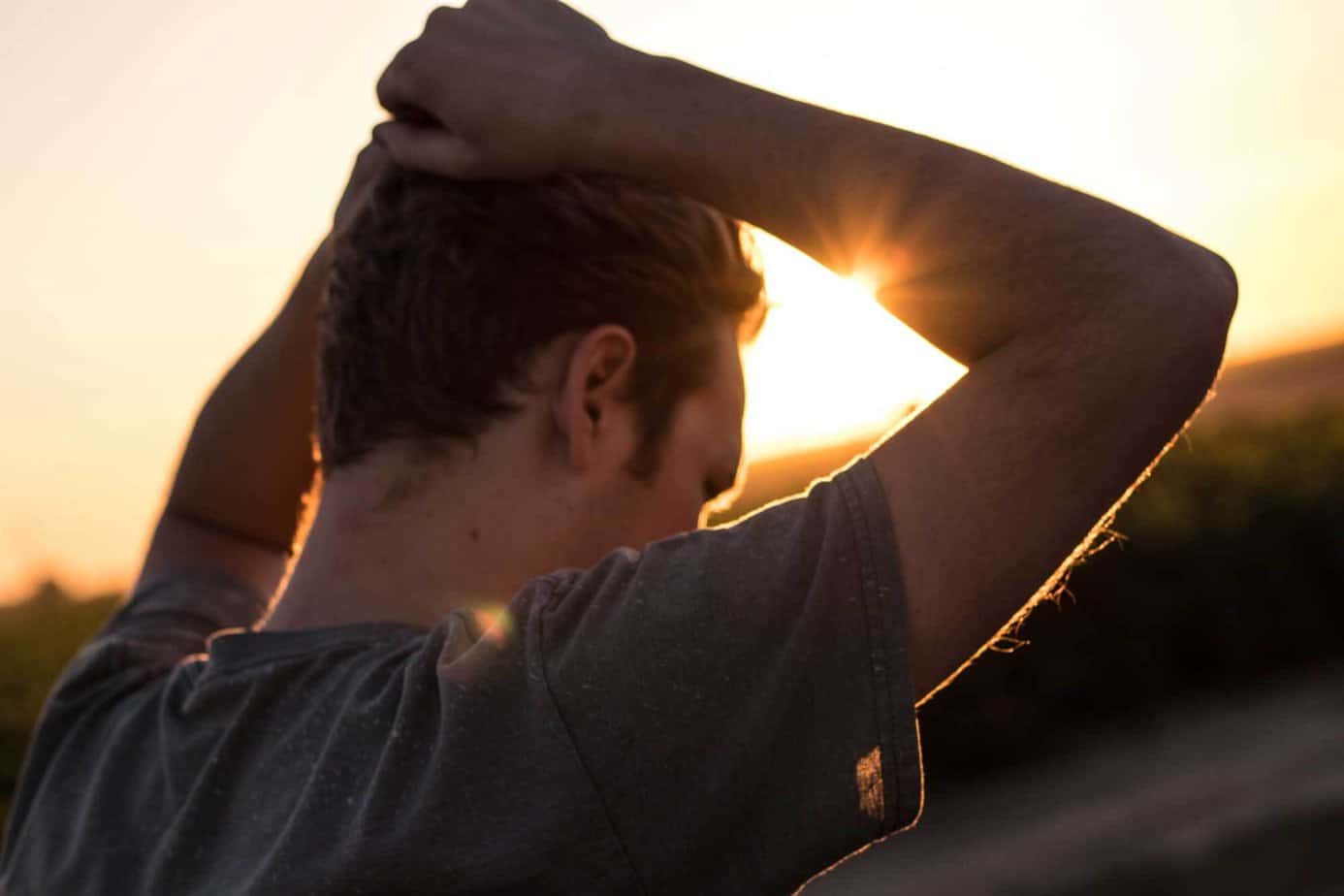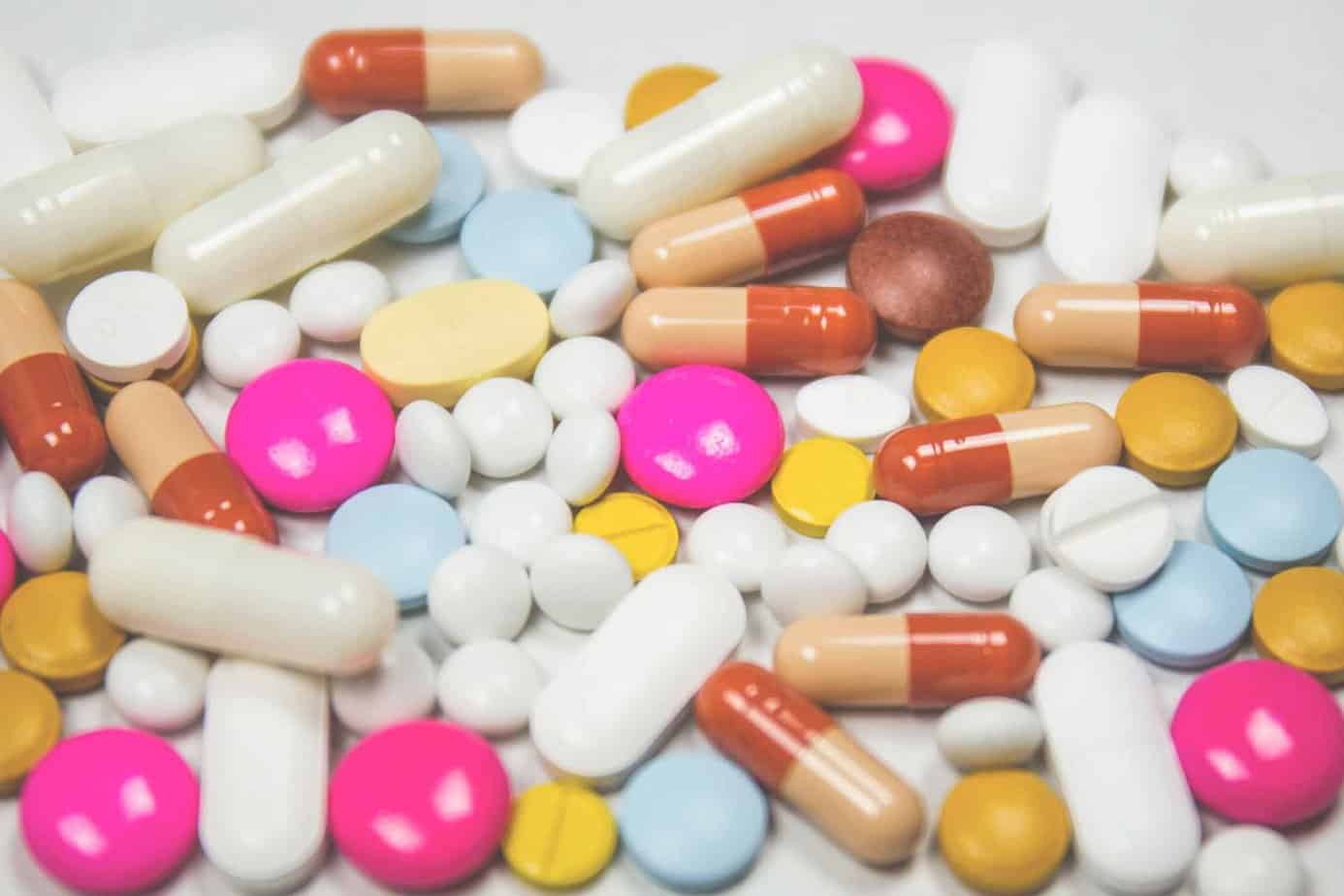Key Takeaways: This article offers evidence-based strategies and actionable tips for maintaining sobriety during the summer months. It highlights common summer triggers for relapse, such as social gatherings and vacation mindsets. It provides a toolkit of strategies for navigating these challenges, including preparing responses to peer pressure, planning sober activities, and building a strong support system. The guide emphasizes that summer sobriety is achievable through proactive planning and embracing alcohol-free experiences, leading to growth, connection, and self-discovery.
Summer often symbolizes sunny beaches, lively barbecues, and carefree vacations. But for those in alcohol recovery, the sober-curious, or those trying to cut back on drinking, the season can present unique challenges to maintaining summer sobriety and a healthy lifestyle. The increased social gatherings, relaxed routines, and pervasive “vacation mindset” can all be potential pitfalls. However, summer sobriety is absolutely achievable. Read on to learn more about evidence-based strategies and actionable tips to help you navigate the summer months while prioritizing your wellbeing and enjoying all that the season has to offer.
The Summer Sobriety Challenge: Understanding the Risks
It’s crucial to acknowledge the increased risk of relapse during the summer. The 2021 National Survey on Drug Use and Health (NSDUH) revealed that 45.1 percent of current alcohol users engaged in binge drinking, a behavior often amplified by summer social events. And tragically, the National Highway Traffic Safety Administration identifies holidays like the 4th of July as some of the deadliest for alcohol-related fatalities.
These numbers highlight the importance of proactive strategies. It’s not just about willpower; it’s about understanding the summer triggers and building a solid foundation for success.
Decoding Summer Triggers: What to Watch Out For
Identifying potential pitfalls is the first step in building your defense. Here are some common summer relapse triggers to be aware of:
- Social gatherings: Barbecues, weddings, and festivals are events that often normalize alcohol consumption, creating pressure to partake. For those in recovery, social situations can trigger memories of past substance use and create intense cravings.
- Vacation mindset: The altered routines and “holiday mentality” can lower inhibitions, making you more vulnerable. The association of warm weather with past drinking habits (think lake trips or patio drinks) can also reinforce cravings. Tips for maintaining sobriety during summer vacation include keeping a routine.
- Emotional stressors: Family dynamics, nostalgia, and even the fear of missing out (FOMO) can contribute to anxiety, particularly for those with co-occurring disorders like depression. Effective sober coping mechanisms for managing summer stress are essential.
Strategies for Maintaining Summer Sobriety
Below are some tools to help you thrive this summer:
Navigating Social Events: Staying Strong in Social Situations
- Prepare responses to peer pressure: Practice assertive phrases like, “I’m not drinking today, but I’d love a mocktail!” This allows you to deflect pressure without feeling the need to over-explain. “How do I handle peer pressure to drink in summer?” is a common question, and preparation is key.
- Bring non-alcoholic beverages: Arrive with your own alcohol-free drinks. This not only avoids temptation but also models sober enjoyment for others. What are good non-alcoholic drinks for summer gatherings? Flavored seltzer, NA beer, and mocktails are all great ideas, depending on your personal recovery path.
- Set time boundaries: Attend events late or leave early to minimize your exposure to peak drinking hours.
Vacation and Holiday Weekends: Planning for Success
- Structured scheduling: Plan each day with sober activities to do this summer, like sunrise hikes or museum visits, to maintain a sense of routine and purpose.
- Accountability partnerships: Share your itinerary with a support group member and schedule daily check-ins to stay accountable.
- Trigger mapping: Identify high-risk scenarios (like beach bonfires) and pre-commit to exit strategies.
- Stress management: Breathing exercises, meditation, or mindfulness can be highly beneficial.
- Physical activity: Engaging in daily exercise helps reduce cortisol levels, a key hormone associated with stress. Hiking, swimming, or yoga offer benefits for both physical and mental health.
- Journaling: Document your triggers and successes to identify patterns and reinforce your progress.
Sober Activities and Non-Alcoholic Alternatives
How to enjoy summer without alcohol? It’s all about discovering new passions and creating fulfilling experiences.
Engaging Sober Fun
- Outdoor adventures: Kayaking, gardening, or joining a sober sports league combine physical activity with social connection.
- Creative pursuits: Volunteer at community festivals, host alcohol-free picnics, or explore local cultural sites.
- Sober events: Attend alcohol-free gatherings like alcohol-free raves or get-togethers, which are becoming increasingly popular – sober and a fun summer is out there.
Non-Alcoholic Beverages: Delicious Alternatives
- Beet-sumac soda: This vibrant and tangy drink features fresh beet juice and sumac syrup, offering a complex flavor profile.
- Pineapple-coconut water: Tropical and hydrating, this blend of pineapple juice, ginger, and coconut water is a refreshing choice.
- Botanical spirits: Brands like “The Dry Oak” offer sophisticated alternatives, such as adaptogen-infused tonics that mimic craft cocktails.
Building a Support System: You’re Not Alone
How to build a sober support system for summer? This is crucial for long-term success.
- Digital tools: Use apps to track sobriety milestones that connect users with accountability partners.
- Community resources: Attend local 12-step meetings or other support groups.
- Family involvement: Educate loved ones on your triggers and collaborate on alcohol-free gatherings.
Relapse Prevention Planning
A robust summer recovery plan is essential to prevent relapse.
- Pre-identified triggers: List high-risk scenarios (like concerts or vacations) and pair each with a coping strategy (like calling a sponsor or leaving early).
- Emergency contacts: Program crisis hotlines and support group numbers into your phone for immediate access.
- Progress tracking: Use apps to log sober days, money saved, and health improvements to reinforce your motivation.
More Tips on Summer Sobriety
What are common summer relapse triggers? Triggers include social gatherings with alcohol, disrupted routines, heat-induced dehydration, and the “vacation mindset.”
How to enjoy summer without alcohol? Focus on sensory-rich experiences, such as sunrise yoga, mocktail crafting, or nature photography, to rewire your reward pathways.
Finding sober friends for summer activities? Join sobriety apps or attend AA or NA events via Meetup.com to connect with local sober communities. Finding sober friends for summer activities is easier than you think.
Managing anxiety about summer social events while sober? Arrive with a supportive ally, practice grounding techniques (like 4-7-8 breathing), and set a 60-minute time limit.
What to do when feeling triggered in summer? Use the “STOP” method: Stop, Take a breath, Observe your reaction, Proceed with a pre-planned action (like calling your sponsor).
Best ways to avoid drinking at summer events? Plan ahead, bring a friend, and have an exit strategy.
Strategies for staying sober during holiday weekends? Stick to your routine as much as possible and plan sober activities.
How to stay sober at summer parties? A good tip to stay sober is to bring your own non-alcoholic drinks and practice saying “no.”
Summer sobriety is not just possible; it’s an opportunity for growth, connection, and profound self-discovery. By understanding your triggers, leveraging available tools, and embracing an alcohol-free summer, you can transform summer from a season of potential risk into a season of vibrant living. Remember, each sober summer day builds resilience, proving that joy and connection thrive without alcohol. As the sober-curious movement expands, society’s shift toward mindful consumption offers hope for sustainable, fulfilling summers ahead.
If you or someone you know is struggling with alcohol or other drugs, Mountainside can help. We offer individualized addiction treatment for all stages of your recovery, including detox, residential, an outpatient withdrawal program, and aftercare. Speak with an admissions specialist today.
If you or a loved one is struggling with addiction, Mountainside can help.
Click here or call (888) 833-4676 to speak with one of our addiction treatment experts.

 By
By 






